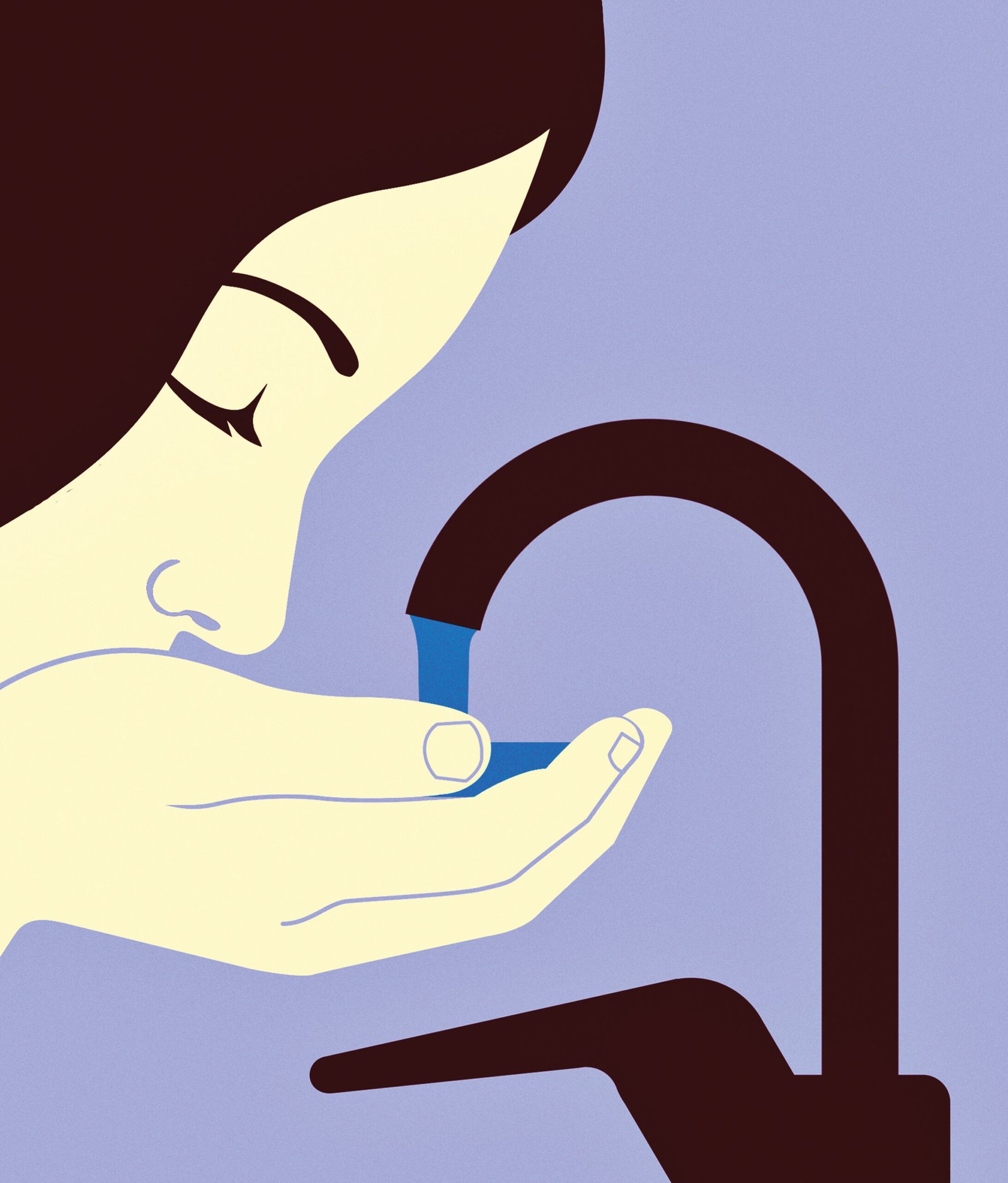Proper hydration is essential for maintaining overall health and supporting bodily functions. Water is involved in nearly every bodily process, from digestion to temperature regulation to cellular function. Dehydration can lead to fatigue, poor concentration, and even serious health issues. Here’s how to stay hydrated, along with the benefits it brings:
* Best Practices for Staying Hydrated
1. Drink Water Regularly Throughout the Day
-
- Instead of waiting until you’re thirsty, sip water consistently throughout the day. A general guideline is to drink at least 8 cups (about 2 liters) of water daily, but this can vary depending on factors like age, weight, climate, and physical activity levels.
- Keep a water bottle nearby and take small sips regularly to maintain hydration levels.
2. Start Your Day with Water
After a night’s sleep, your body is naturally dehydrated. Begin your day with a glass of water to kickstart your hydration and help flush out toxins accumulated overnight.
3.Consume Hydrating Foods
-
-
- Many fruits and vegetables are rich in water and can contribute to your daily hydration. Some examples include:
- Cucumbers: About 96% water
- Watermelon: Around 92% water
- Strawberries: About 91% water
- Cantaloupe: 90% water
- Many fruits and vegetables are rich in water and can contribute to your daily hydration. Some examples include:
-
Adding these hydrating foods to your meals can help keep you hydrated in addition to drinking fluids.
4. Monitor Your Fluid Intake During Exercise
-
-
-
- Physical activity increases your body’s fluid needs, as you lose water through sweat. Drink water before, during, and after exercise to replace lost fluids.
- For intense or prolonged exercise, consider drinking an electrolyte-rich beverage to replace both fluids and minerals.
-
-
5. Drink More in Hot or Dry Climates
-
- In hot weather, you sweat more, which leads to increased fluid loss. Make sure to drink extra water to compensate for the increased need for hydration.
- Avoid excessive consumption of caffeinated or alcoholic beverages in hot conditions, as they can cause dehydration.
6. Flavor Your Water for Variety
-
- If you find plain water boring, infuse it with natural flavors like lemon, cucumber, mint, or berries. These additions can make hydration more enjoyable while still offering health benefits.
7. Avoid Excessive Consumption of Diuretics
-
- Diuretic drinks like coffee, tea, and alcohol can increase urine production and may lead to dehydration if consumed excessively. It’s important to balance these drinks with sufficient water to stay hydrated.
8. Track Your Hydration Levels
-
- Monitoring your fluid intake can help ensure you’re staying hydrated. Some apps allow you to track your daily water intake, while others can send reminders to drink more water throughout the day.
9. Use Electrolyte Drinks When Needed
-
- While water is generally sufficient, electrolyte drinks may be necessary during extended periods of exercise, illness, or heat exposure. Electrolytes (like sodium, potassium, and magnesium) help balance fluid levels and prevent dehydration.
10. Pay Attention to Your Body’s Signals
- Thirst is a sign that your body is already starting to become dehydrated. However, other symptoms of dehydration include dry mouth, fatigue, dizziness, and dark-colored urine.
- If you experience these symptoms, increase your water intake immediately.
* Benefits of Staying Hydrated
1. Improved Physical Performance
Proper hydration improves endurance and physical performance. Dehydration can lead to muscle cramps, fatigue, and decreased coordination, affecting your workout or daily activities.
2. Better Digestion
Water aids in digestion by helping break down food and absorbing nutrients. Sufficient hydration also prevents constipation, as water softens stool and facilitates movement through the intestines.
3. Regulation of Body Temperature
Water helps regulate body temperature through sweating and evaporation. Staying hydrated helps the body maintain a steady temperature, especially during physical exertion or in hot environments.
4. Enhanced Cognitive Function
Dehydration can negatively affect concentration, memory, and overall cognitive performance. Drinking enough water improves focus, alertness, and brain function.
5. Healthy Skin
Adequate hydration helps keep your skin moisturized, reducing the appearance of dryness and wrinkles. It also supports skin elasticity, making it look healthier and more vibrant.
6. Detoxification
Water helps flush out toxins and waste products from your body through urination and sweat. Hydration supports kidney function, helping to remove harmful substances from the bloodstream.
7. Mood and Mental Health
Dehydration can lead to irritability, anxiety, and even depression. Staying hydrated helps stabilize mood and keeps mental health in balance by supporting neurotransmitter function.
8. Boosted Immune System
Proper hydration helps maintain the health of mucous membranes, which play a key role in defending against infections. It also supports overall cellular function, enhancing your body’s ability to fight off illness.
9. Joint Lubrication
Water acts as a lubricant for joints and tissues, reducing friction and preventing pain or stiffness. Proper hydration is essential for joint health, particularly during physical activities that involve movement.
10. Weight Management
Drinking water before meals can help control appetite and prevent overeating. It also promotes metabolism and aids in the digestion of food. In addition, drinking cold water may increase calorie burn slightly as your body works to warm it up.



